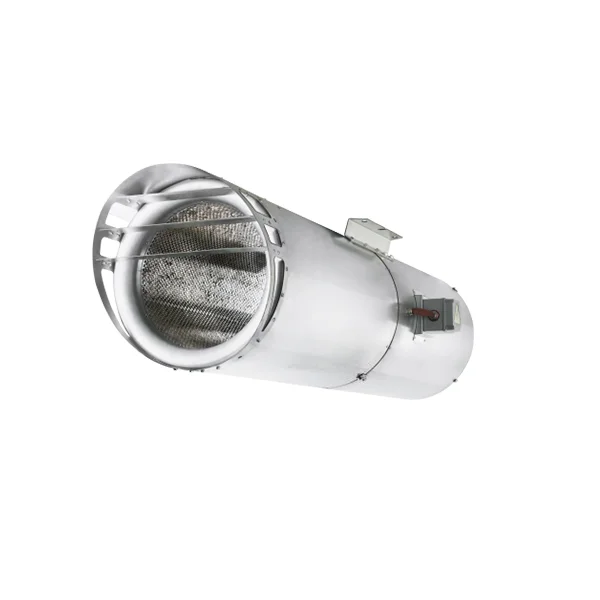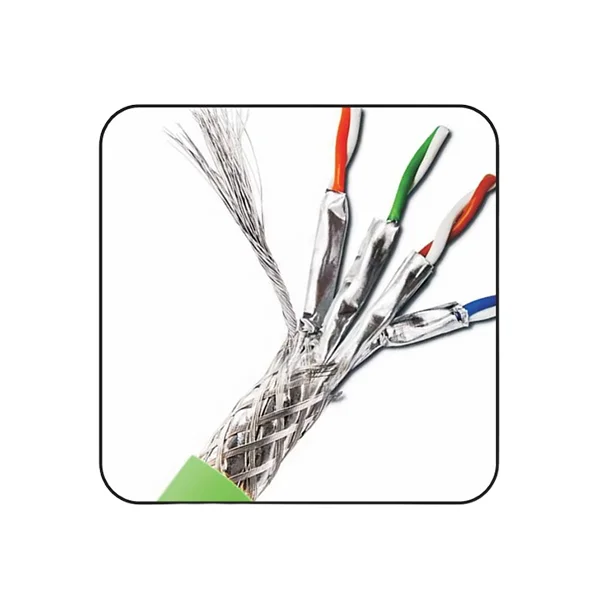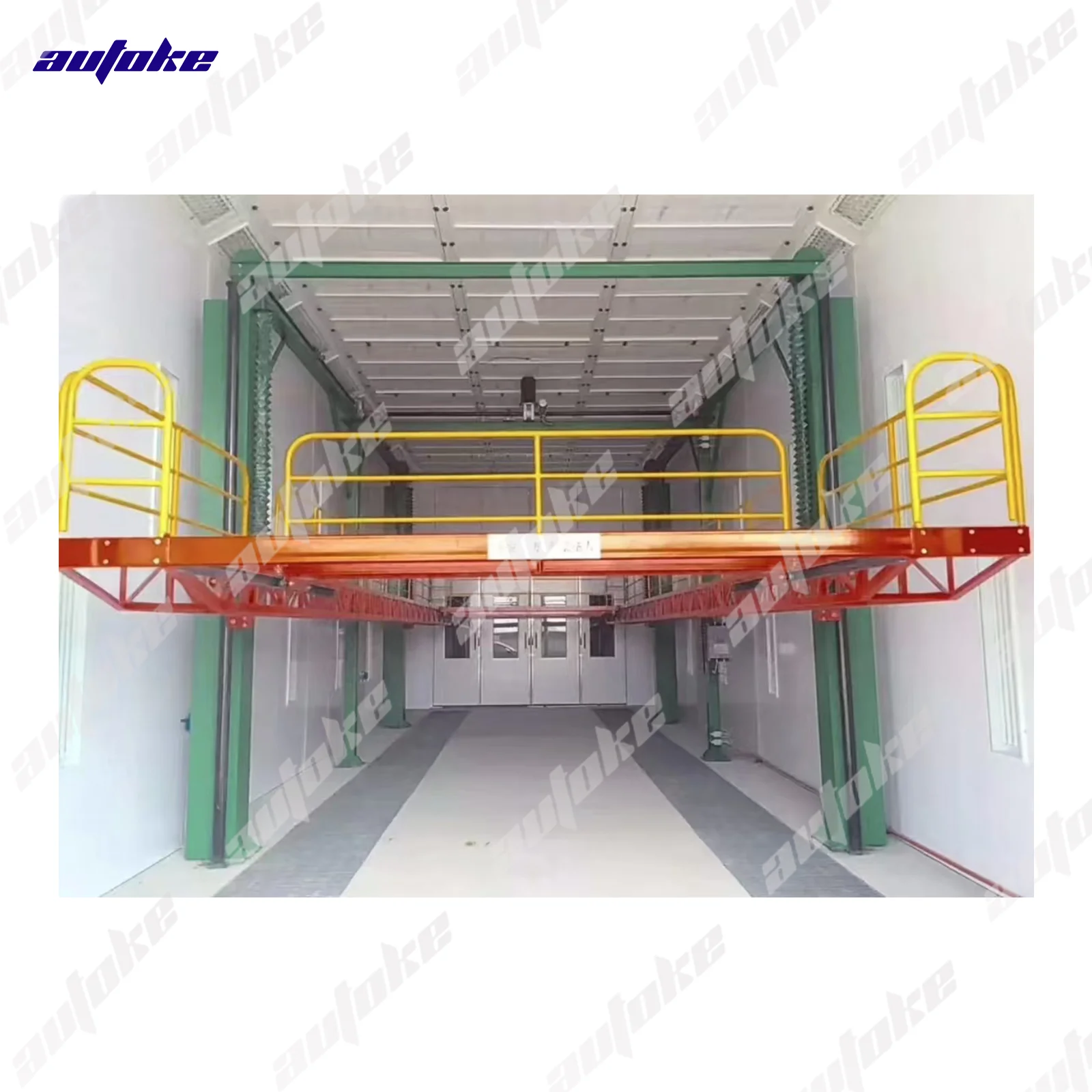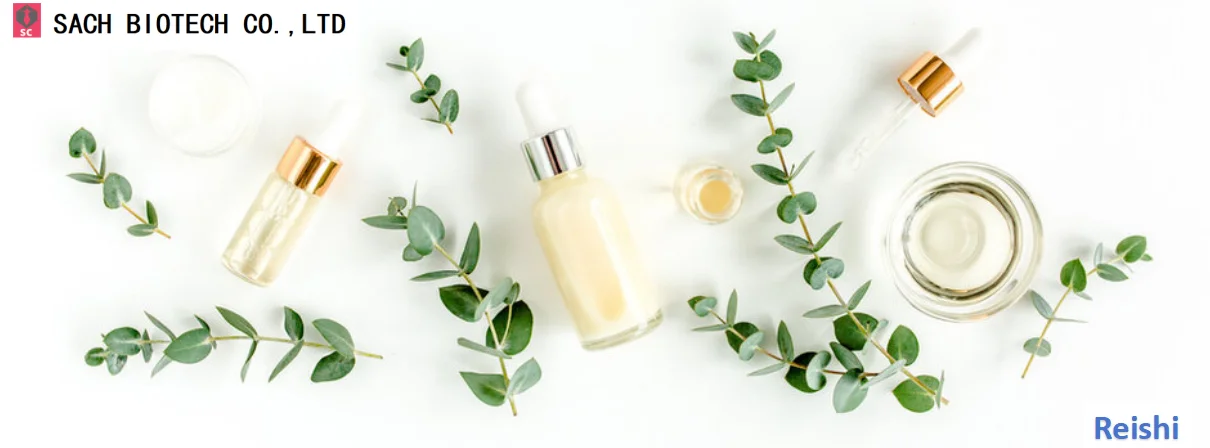As a common liquid delivery equipment, lotion pumps are widely used in cosmetics, food, medicine and other industries. The sealing performance of the lotion pump is crucial to the safety and stability of liquid delivery. This article will take an in-depth look at lotion pump sealing issues and introduce some common leak prevention techniques to improve lotion pump performance and reliability.
1. The importance of sealing of lotion pumps
The tightness of the lotion pump refers to whether the connection between the pump body and the pump head and between the various components inside the pump head is tight, and whether it can effectively prevent liquid leakage. Good sealing performance is crucial for the following aspects:
1.1 Safety: When the lotion pump is transporting liquid, if the sealing is not good, the liquid may leak, causing the working environment to become unsafe and even cause an accident.
1.2 Stability: The sealing performance of the emulsion pump directly affects the stability of liquid delivery. If the connection between the pump body and the pump head is not tight, the liquid may leak or backflow, causing unstable liquid delivery and affecting production efficiency and product quality.
1.3 Economy: The loss of leaking liquid will not only increase production costs, but also cause pollution to the environment. Good sealing performance can reduce liquid loss and improve production efficiency and economic benefits.

2. Common leak-proof technologies
In order to improve the sealing performance of lotion pumps, here are several common leak-proof technologies:
2.1 O-ring: O-ring is a commonly used seal, usually made of rubber or silicone. It can form a seal between the pump head and the pump body to prevent liquid leakage. Choosing the appropriate material and size of O-ring seal can improve sealing performance.
2.2 Magnetic sealing technology: Magnetic sealing technology uses magnetic force to connect the pump head and pump body to form a seal. This technology can avoid the wear and leakage problems of traditional seals and improve sealing performance and service life.
2.3 Hydraulic sealing technology: Hydraulic sealing technology uses the pressure of liquid to achieve sealing. By rationally designing the structure of the pump head and pump body, the pressure of the liquid can effectively close the gap between the pump head and the pump body to prevent liquid leakage.
2.4 Vacuum sealing technology: Vacuum sealing technology prevents liquid leakage by establishing a vacuum environment between the pump head and the pump body. This technology is suitable for occasions with very high sealing requirements, such as high-precision metering and high-purity liquid transportation.
3. Sealing test and maintenance
To ensure the sealing performance of your lotion pump, here are some common testing and maintenance methods:
3.1 Pressure test: Observe whether there is liquid leakage by applying a certain pressure between the pump head and the pump body. This kind of test can help detect the sealing performance of the pump and find and solve problems in time.
3.2 Regular maintenance: Check and replace seals regularly to ensure their normal operation. At the same time, keep the pump body and pump head clean to prevent impurities and dirt from affecting the sealing performance.
3.3 Lubrication and maintenance: Proper lubrication can reduce the wear of seals and improve sealing performance. According to the requirements of the lotion pump, select the appropriate lubricant for lubrication and maintenance.
The sealing of lotion pumps is critical to the safety and stability of liquid delivery, as well as user experience. The performance and reliability of your lotion pump can be improved by using appropriate leak-proofing technology, seal testing and maintenance. I hope this article can enlighten readers about the sealing problem of lotion pumps. If you have more questions or need further information, please feel free to ask.
Material selection and application of lotion pumps
Uncovering the factors that affect the price of lotion pumps
Lotion pump user guide-detailed precautions
A complete guide to maintaining and cleaning lotion pumps
How to prevent lotion pump clogging
How to choose the right lotion pump for your product
mia
topisren@sina.com










+ There are no comments
Add yours